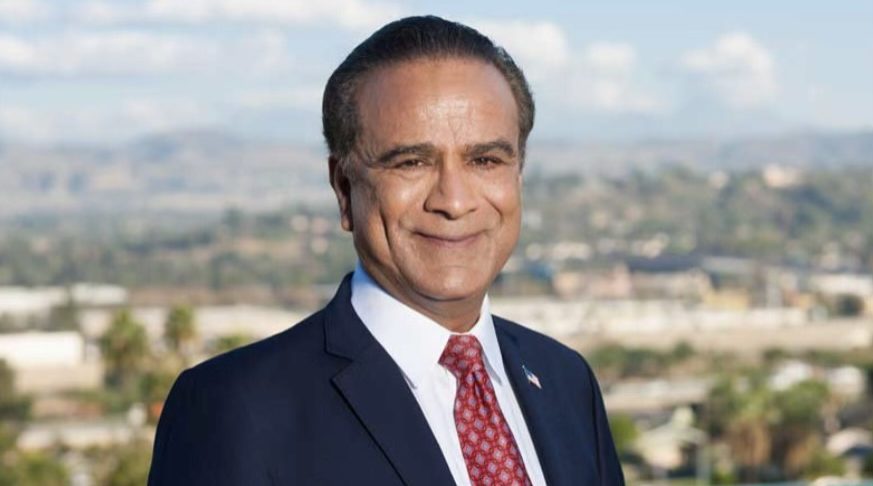In 1974, Harry Sidhu arrived in the United States with just six dollars in his pocket. He was the last member of his family to immigrate from India. He didn’t speak much English. He didn’t have a plan, only a goal—to make something of himself.
“I knew I had to work harder than anyone else,” Harry says. “That’s what my father told me. Education was the key.”
So that’s what he did. During the day, he studied at a community college in Philadelphia. At night, he worked as a janitor at a Holiday Inn. It was tough. But Harry kept going.
In 1978, his effort paid off. He earned a degree in mechanical engineering from Drexel University. That was just the beginning.
“I was proud of that degree,” Harry says. “But I wasn’t done yet. I wanted to build something.”
He started his engineering career at Amtrak. Later, he worked at companies like Kaiser Aluminum, General Dynamics, and Hughes Aircraft. Each job helped him learn and grow. But when he was asked to move out of California, he made a decision.
“I loved California,” he says. “This is where I wanted to stay and build my life.”
Local Leadership in Crisis: How Mayors Can Effectively Respond to Public Emergencies By Harry Sidhu
In 1982, Harry met Gin, who would become his wife. They married in 1984 and began to build something together—both a family and a business.
In the early 1990s, Harry stepped away from engineering. He and Gin bought their first Burger King restaurant in Hacienda Heights. That one restaurant turned into many. Over time, they owned 28 restaurants, including Papa John’s and El Pollo Loco.
“Running a business is like running a city,” Harry says. “You have to care about people, listen to them, and solve problems.”
By 1994, the family had moved to Anaheim Hills. After the Northridge earthquake damaged their home, they settled in the city that Harry would one day lead.
It wasn’t long before Harry got involved in the community. A city council member encouraged him to join the Anaheim Budget Commission. In 2002, he ran for city council—and lost.
“I didn’t win, but I didn’t quit,” Harry says. “Losing just meant I had more to learn.”
In 2004, he ran again and won. He served two terms on the Anaheim City Council until 2012. During that time, he pushed for job fairs, health fairs, and more support for local families. He also worked on building international ties.
In 2018, Harry took the next step—he ran for mayor of Anaheim. This time, he won.
One of his first acts as mayor was to open an emergency homeless shelter. He wanted to restore public spaces while also helping those in need.
“Homelessness is not just about housing,” Harry says. “It’s about dignity. It’s about giving people a chance to start over.”
His term as mayor brought many challenges, especially when COVID-19 hit. The pandemic affected every part of the city. Harry had to act fast.
“We had to protect people, plain and simple,” he says. “We worked day and night.”
Under his leadership, Anaheim rolled out testing, vaccines, and relief funds. The city gave out over $70 million in community support. City workers kept their jobs. Businesses got help. Families received food and care.
“None of it was easy,” Harry says. “But leadership isn’t about easy. It’s about doing what’s right.”
Harry also supported small businesses during his time in office. He especially focused on helping Spanish-speaking entrepreneurs. He wanted everyone to feel included and supported.
Today, Harry Sidhu is retired. He’s no longer in office, but he’s still part of the city he helped shape.
When asked what he’s most proud of, he says, “I’m proud that I never gave up. I’m proud that I listened to my father. And I’m proud that I made a difference.”
Harry’s story is not just about politics or business. It’s about grit. It’s about starting small and dreaming big. It’s about sweeping floors at night and leading a city by day.
In a time when many people feel uncertain about the future, Harry Sidhu’s life reminds us of something important.
“There is no shortcut,” he says. “You have to show up. You have to work hard. And you have to care.”
That’s how you build a life. That’s how you build a legacy.

